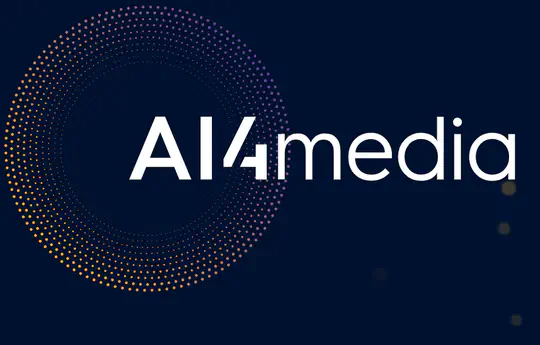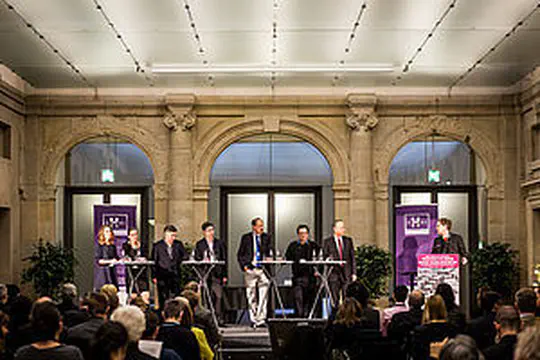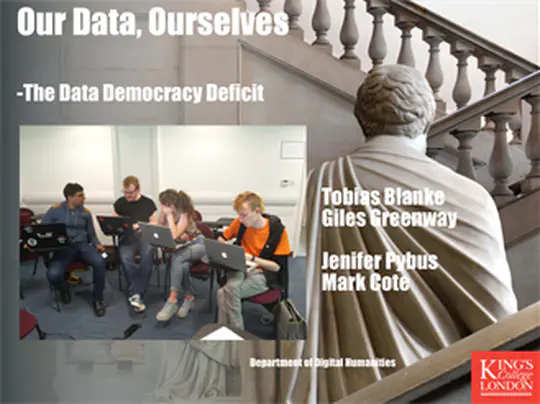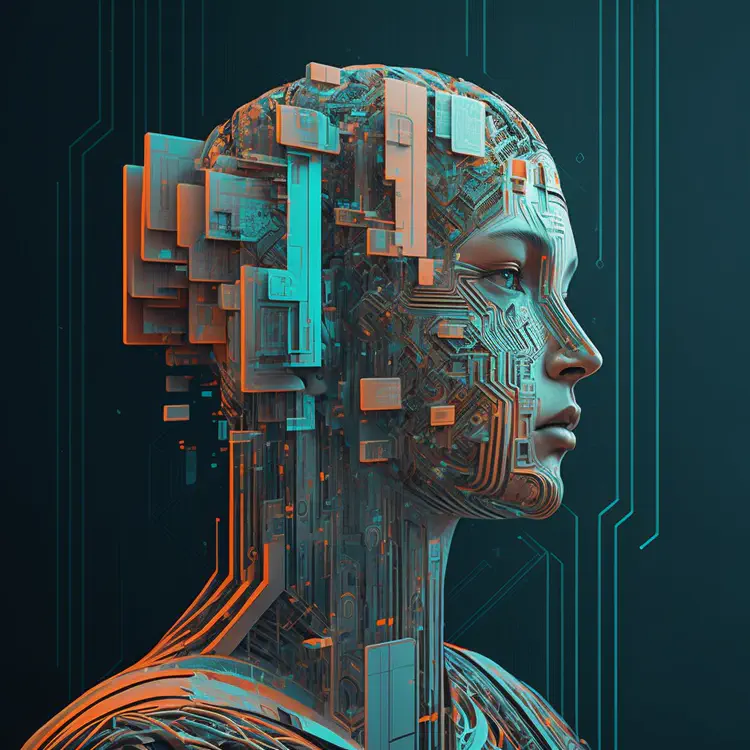Tobias Blanke is Professor of Artificial Intelligence and Humanities at the University of Amsterdam and the Institute for Logic, Language, and Computation. He is also affiliated with King’s College London as Visiting Professor of Social and Cultural Informatics. His academic background is in computer science and political philosophy. Blanke’s principal research interests lie in artificial intelligence and big data devices for research, particularly in the human sciences. He has also published extensively on ethical questions of Artificial Intelligence such as predictive policing and algorithmic otherings, as well as critical digital practices, and the critique of digital platforms.
Relevant Academic Appointments
Selected Projects
Over the years we had a number of projects, helping citizens make sense of the datafication processes they are exposed to.
Our Data Ourselves from 2015-18 was the first project to look at mobile datafications. It was followed by collaborations with the Open Data Institute, the British Library, TacticalTech and many others.
Featured Publications
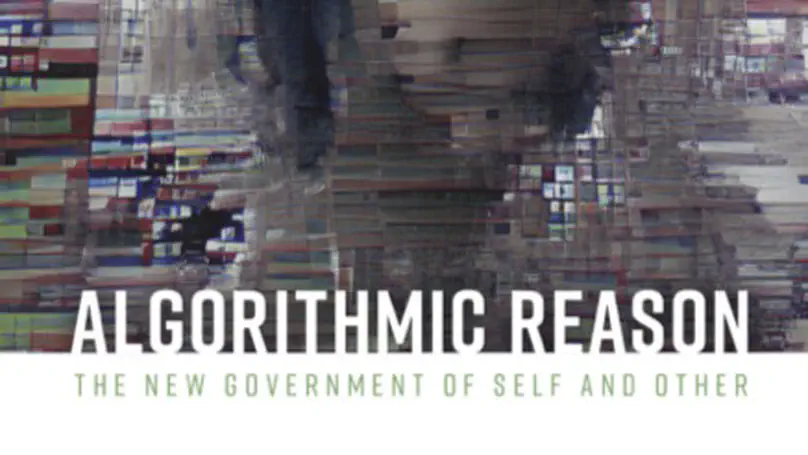
Are algorithms ruling the world today? Is artificial intelligence making life-and-death decisions? Are social media companies able to manipulate elections? As we are confronted with public and academic anxieties about unprecedented changes, this book offers a different analytical prism through which these transformations can be explored. Claudia Aradau and Tobias Blanke develop conceptual and methodological tools to understand how algorithmic operations shape the government of self and other. They explore the emergence of algorithmic reason through rationalities, materializations, and interventions, and trace how algorithmic rationalities of decomposition, recomposition, and partitioning are materialized in the construction of dangerous others, the power of platforms, and the production of economic value. The book provides a global trandisciplinary perspective on algorithmic operations, drawing on qualitative and digital methods to investigate controversies ranging from mass surveillance and the Cambridge Analytica scandal in the UK to predictive policing in the US, and from the use of facial recognition in China and drone targeting in Pakistan to the regulation of hate speech in Germany.
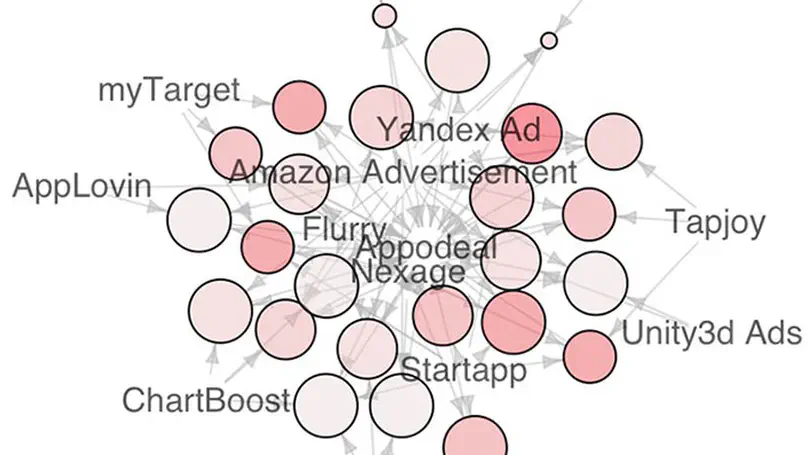
In this article, we add research on technical integration and dependency to the theories of platformization. Our research seeks to understand how platforms have been able to technically integrate themselves into the fabric of the mobile ecosystem, transforming the economic dynamics that allow these largely enclosed entities to compete. We therefore want to consider platforms as service assemblages to account for the material ways in which they have decomposed and recomposed themselves for developers, enabling them to shift the economic dynamics of competition and monopolization in their favor. This article will argue that this shift in the formation of platform monopolies is being brought about by the decentralization of these services, leading to an overall technical integration of the largest digital platform such as Facebook and Google into the source code of almost all apps. We present new digital methodologies to surface these relations and material conditions of platforms. These methodologies offer us a whole new toolkit to investigate how decentralized services depend on each other and how new power relations are formed.
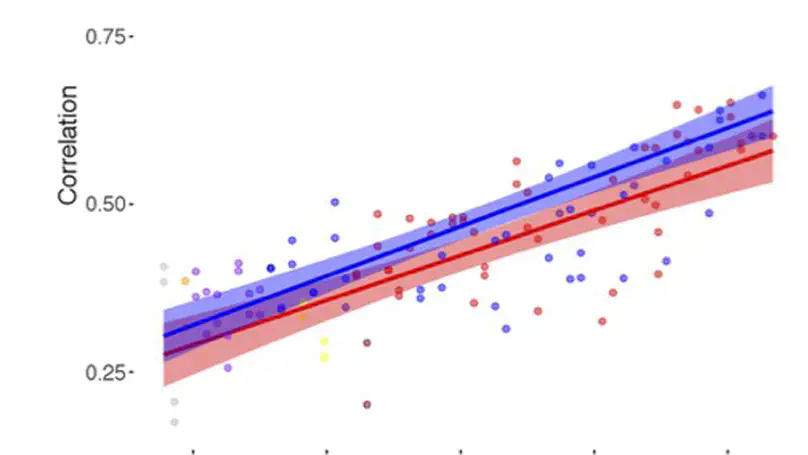
Articulations of discontinuity and moments of dissent have been central to critical historical work. However, such vocabularies and analyses of historical change have received less attention in the emerging field of digital methods. Digital methods based on discerning patterns have focused on continuities, while discontinuities and ruptures have been derivative of trends and patterns. By contrast, genealogical methods attend to the entanglement of continuity and discontinuity, and focus on contingency and singularity. This article proposes to develop methods of computational genealogy to analyze multiple temporalities in historical discourses. We experiment with our proposed computational genealogy using the archive of Inaugural speeches by US presidents. In particular, we show that there is neither a linear advance to Trumptextquoterights rhetoric nor an exceptional rupture. Our analysis shows that Trumptextquoterights speech is much more the struggle of the Republicans with their own past ideas than struggles with Democrats.
Recent Publications
Contact
- t.blanke@uva.nl
- Science Park 107, Amsterdam, 1098 XG
- Enter Science Park 107 and find the office F2.06 on Floor 2.
- By appointment
